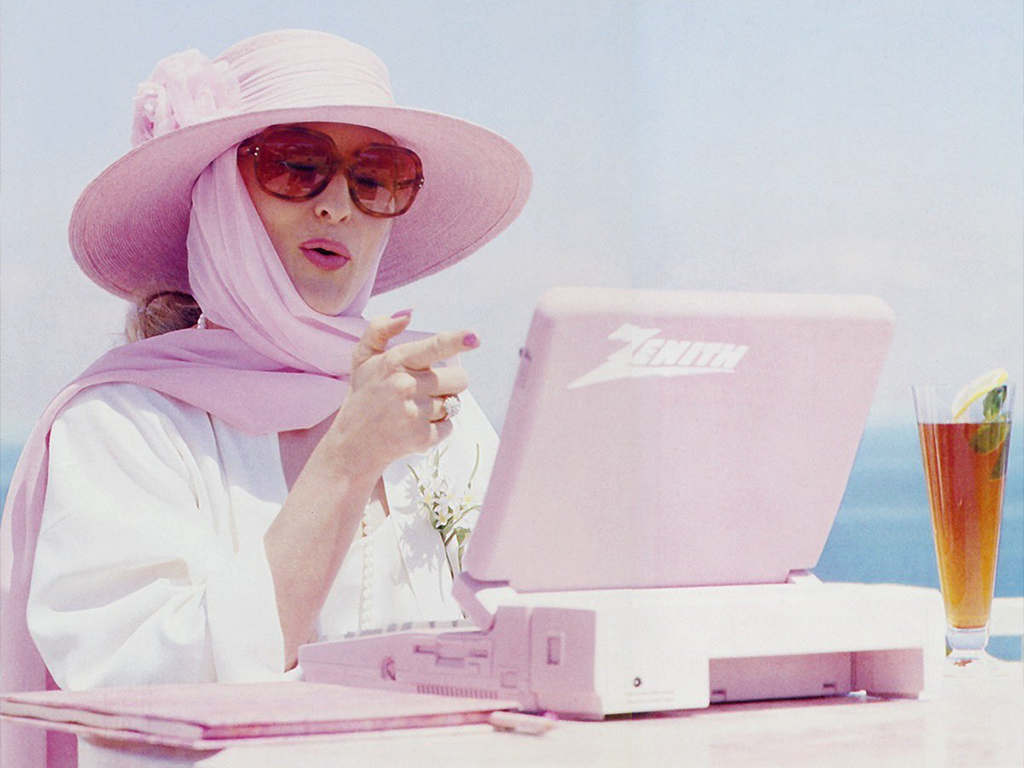As an introvert, I hate small talk but love having long conversations with scholars, critics, and creators about film and TV. Nothing makes me happier than connecting with someone over a mutual passion. Along with the interviews conducted for this blog, I've also worked with Seventh Row, a truly excellent Canadian not-for-profit publication that everyone should read. Coincidentally, I found out about them when I interviewed Executive Editor Orla Smith for the Final Girls Berlin Film Festival in 2020. See! Good things happen when film people come together.
2024
2022
2021
- Grace Glowicki on "Tito" for Seventh Row
- Ferit Karahan on "Brother's Keeper" for Seventh Row
- Kate Robertson — film scholar
- Annie Rose Malamet — lesbian vampire expert and host of "Girls, Guts, & Giallo"
2020
- Maya Korn, Jessica Toscano, and Alexandra Velasco on "Becoming"
- Kelly O'Sullivan and Alex Thompson on "Saint Frances" for Seventh Row
- Amanda Reyes – "Made for TV Mayhem" podcast
- Sonejuhi Sinha on "Stray Dolls"
- Orla Smith – executive editor of Seventh Row
- Elizabeth St. Philip on "9/11 Kids"
- Valeria Villegas Lindvall – writer
2019
- Ellen Adair, Kris Arnold, and Alexandra Dell on "Roommating"
- Miriam Bale - Artistic Director at the Indie Memphis Film Festival
- Elizabeth Carroll on "Nothing Fancy: Diana Kennedy"
- Winnie Cheung on "Albatross Soup"
- Claire Edmondson on "EXIT"
- Carlie Guavera on "The Garden Left Behind"
- Paula Guthat – Cinema Detroit
- Vlada Knowlton on "The Most Dangerous Year"
- Isa Mazzei on "Camgirl"
- Stella Meghie on "The Weekend"
- Jenna Ricker & Caroline Waterlow on "Qualified"
2018
- William E. Badgley on "Hear to be Heard: The Story of the Slits"
- Bridey Elliott on "Clara's Ghost"
- Melissa Haizlip on "Mr. SOUL!"
- Kier-la Janisse on "Cockfight"
- Kirin Kiki – actress
- Maya Korn and Ashley George on "Diabla"
- Maria Reinup – What the Fest!?
- Alex Sarrigeorgiou, Patricia Selznick, Emily Izquierdo, and Caroline Mariko Stucky on "Con Spirito"
- Elizabeth E. Schuch on "The Book of Birdie"
- Jenn Wexler on "The Ranger"

